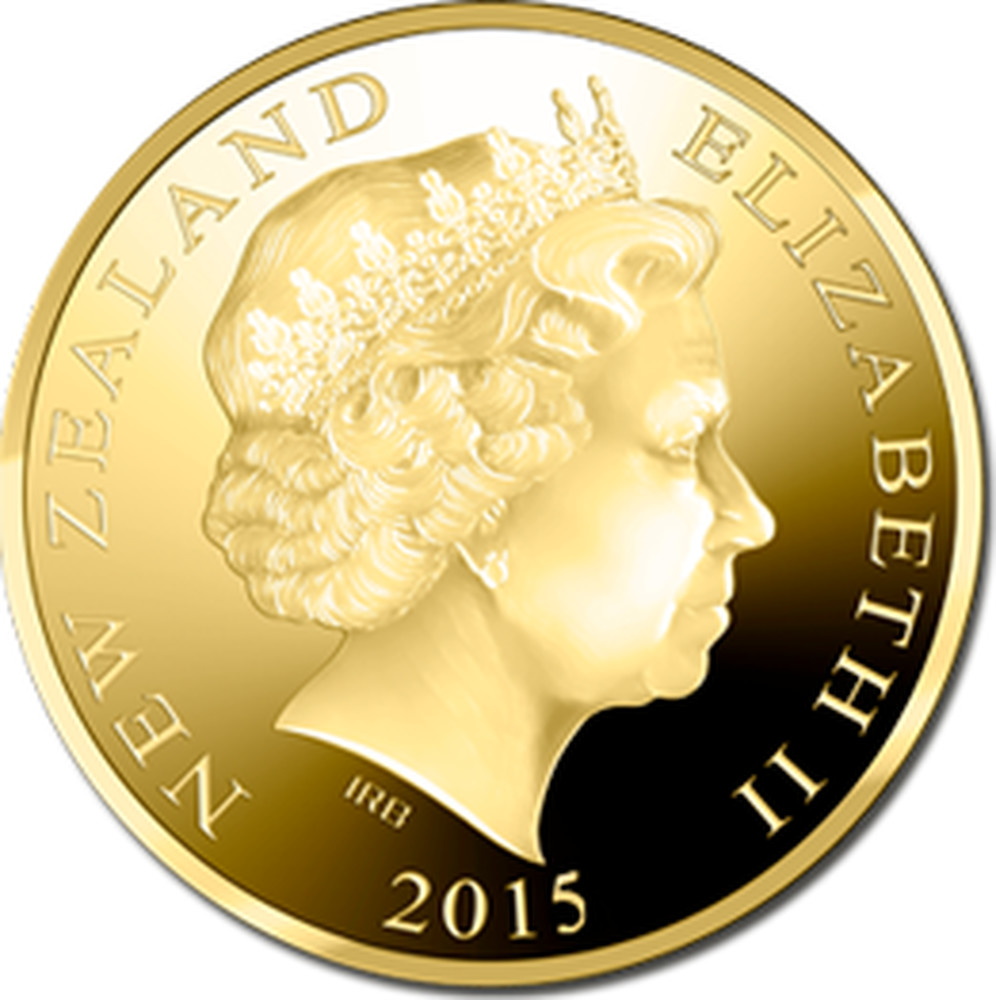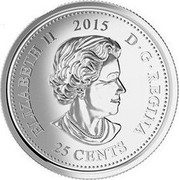
Prior to that, the rate would vary based on the size and the type of engine your car had. What was the rate last financial year?īetween July 1st, 2021, and June 30, 2022, the cents per km rate was:Īutomate your logbook Do you have a list of prior years' rates?Ībsolutely! One thing to keep in mind - the current setup of one standard rate for work-related car expenses was implemented for the 2015/2016 financial year. If you want to know more, we have written guides for employees on car expenses reimbursement, as well as for self-employed and business owners.īe aware that the standard cents per km rate is optional - your employer may use different rates. The rates cover the cost of using your personal vehicle for work-related purposes. Here’s a quick refresher on the cents per km rate which you can use for the cents per km method:Įach year, the ATO issues the standard car expense deduction rate for the coming year. This means that the current rate of $0.78 per km will not apply, and you will instead need to use the rate for the relevant financial year.
#Cents per kilometre 2015 professional#
Liability limited by a scheme approved under Professional Standards Legislation.If you have a tax return or mileage reimbursement claim from a previous financial year, it’s important to know that the ATO updated the cents per kilometre rates for the 2022/2023 financial year. William Buck accepts no liability for errors or omissions, or for any loss or damage suffered as a result of any person acting without such advice. If you need assistance in calculating your motor vehicles for tax purposes or any other financial matter, please contact Rebecca Zuromski, Health Services Manager at William Buck on (08) 8409 4333 or by email keep track of your motor vehicle usage our Tax Rates & Tools App has a GPS powered logbook feature, or if you would prefer a physical copy click here for a printable logbook.ĭisclaimer: The contents of this article are in the nature of general comments only, and are not to be used, relied or acted upon without seeking further professional advice. The GST will need to be reduced by any private use based on the method used to calculate motor vehicle expenses. If you purchase a car for $77,000 which includes GST of $7,000 the maximum GST you can claim is $5,234. The maximum GST that can be claimed on a motor vehicle above this limit is 1/11 th of $57,581 being $5,234. The logbook method allows you to claim GST based on your business-use percentage.ĭepreciation that can be claimed on the purchase of a motor vehicle is capped at $57,581 for the 2016/17 financial year. The cents per kilometre method allows you to claim up to 33.3% of the GST paid if you travel more than 5,000 business kilometres or a lower set percentage if you travel less than 5,000 business kilometres. The GST treatment on motor vehicle expenses will differ based on the method used. When using the logbook method all expenses must be verified with written evidence.

if your business percentage is 75% then you will receive a tax deduction for 75% of the motor vehicle expenses incurred.

The business-use percentage is applied to all motor vehicle expenses including fuel, insurance, registration, repairs and depreciation e.g.

This method can be used if you travel more than 5,000 business kilometres in a financial year.

We have provided below a brief summary of the tax and GST rules in relation to motor vehicles. One of the most common topics we are asked about at tax time is in relation to purchasing motor vehicles and claiming motor vehicle expenses. The Cents per kilometre and Logbook Methods Financial Reporting Accounting & Advisory.


 0 kommentar(er)
0 kommentar(er)
